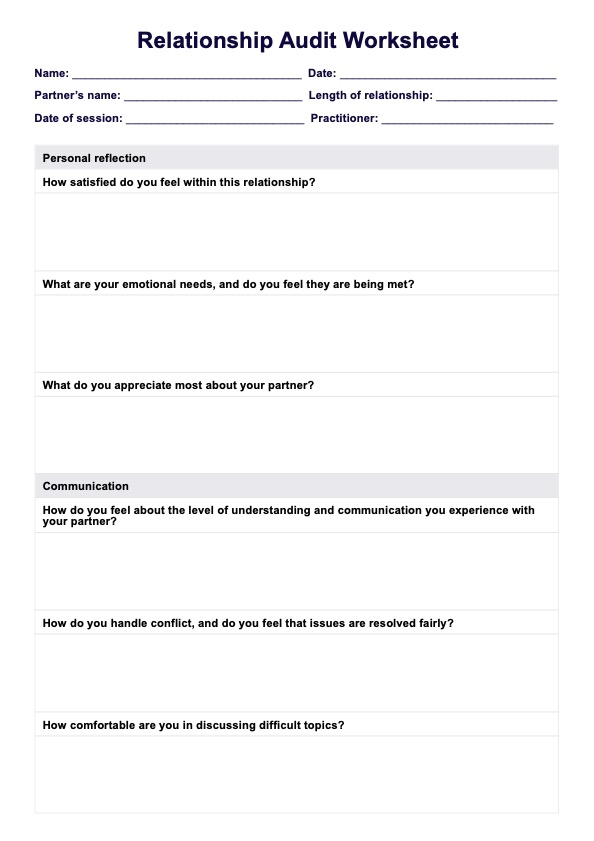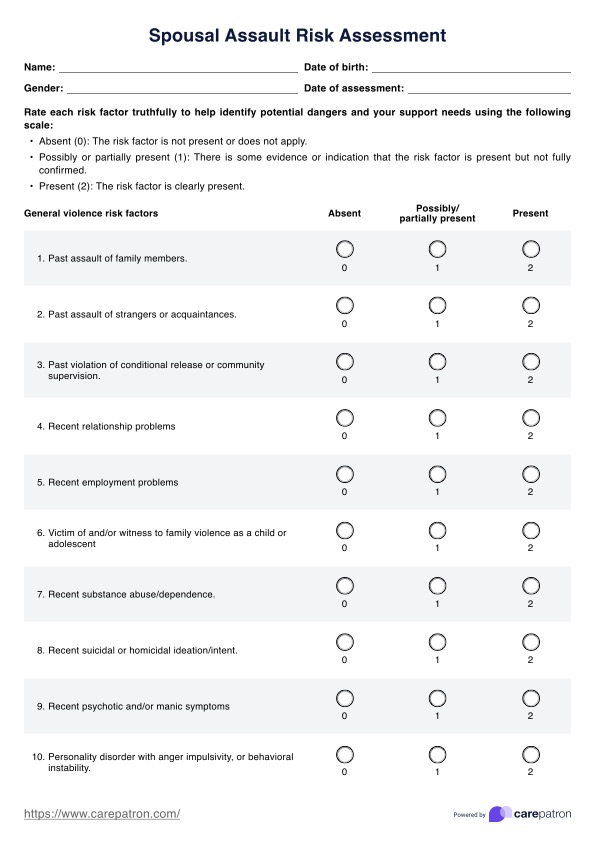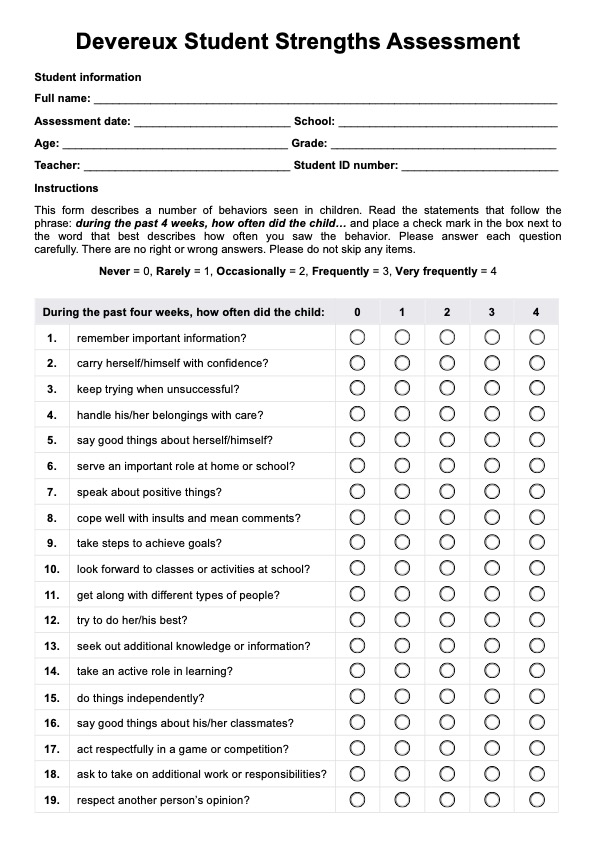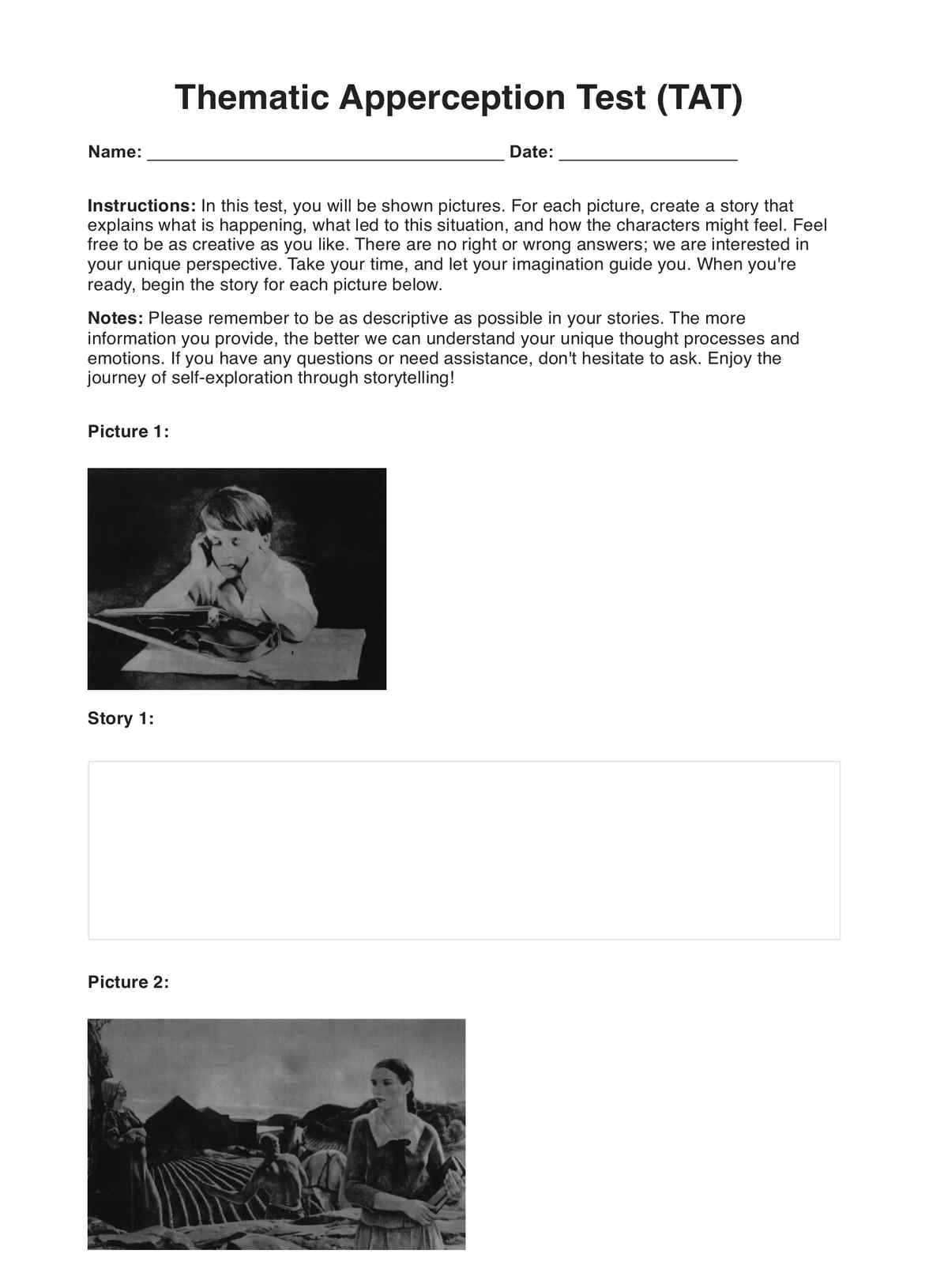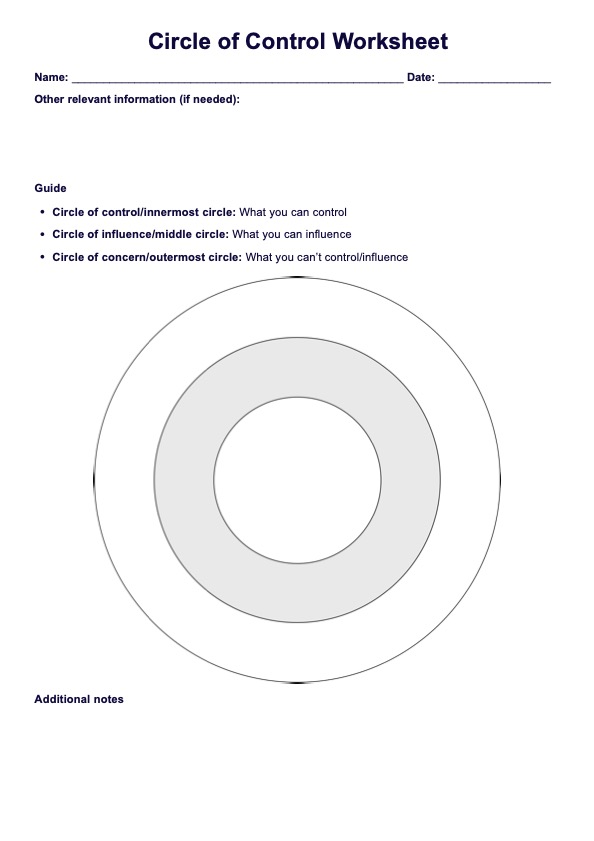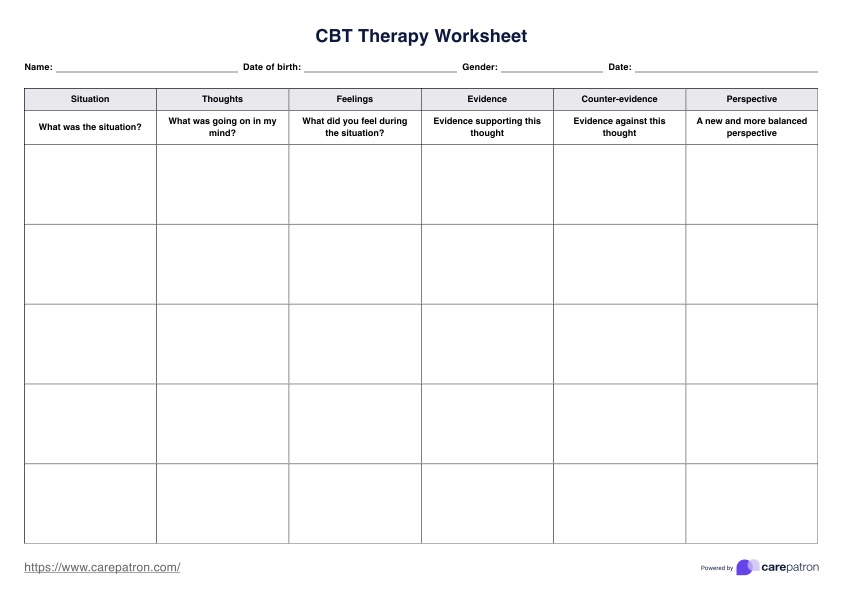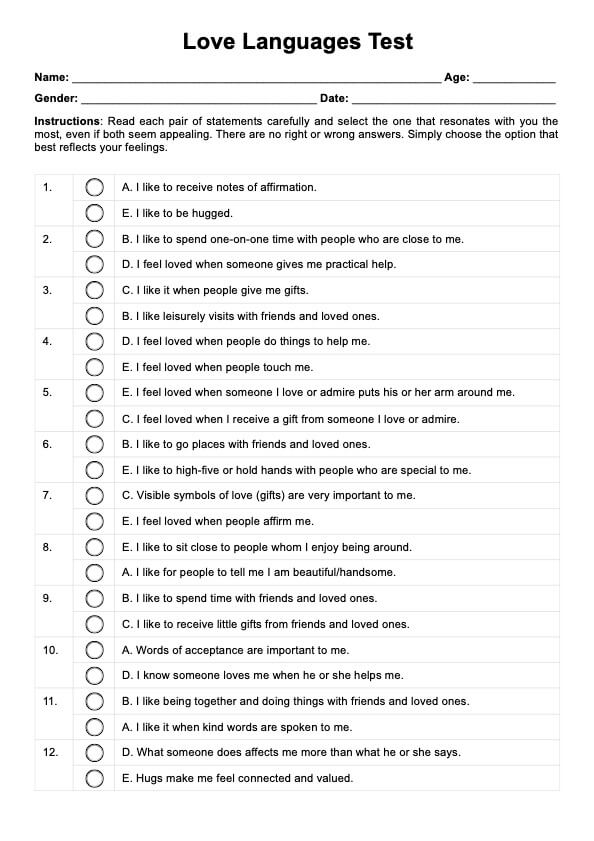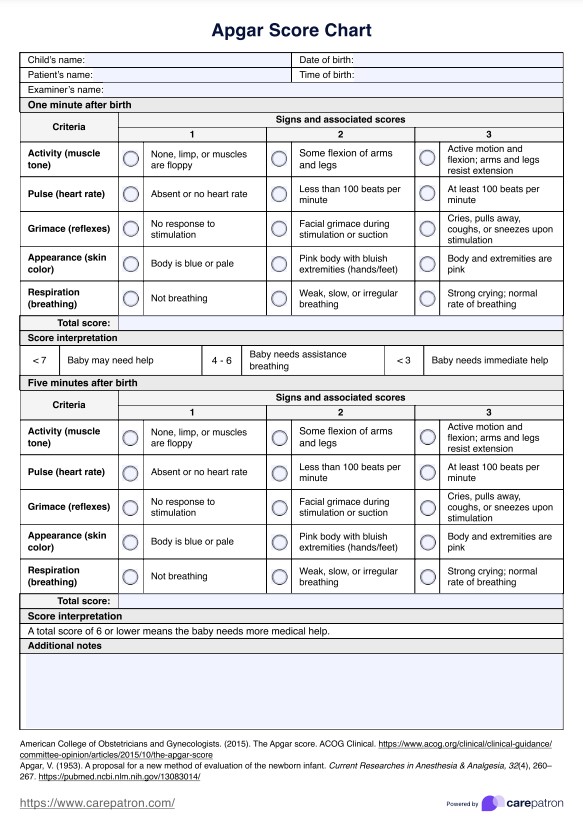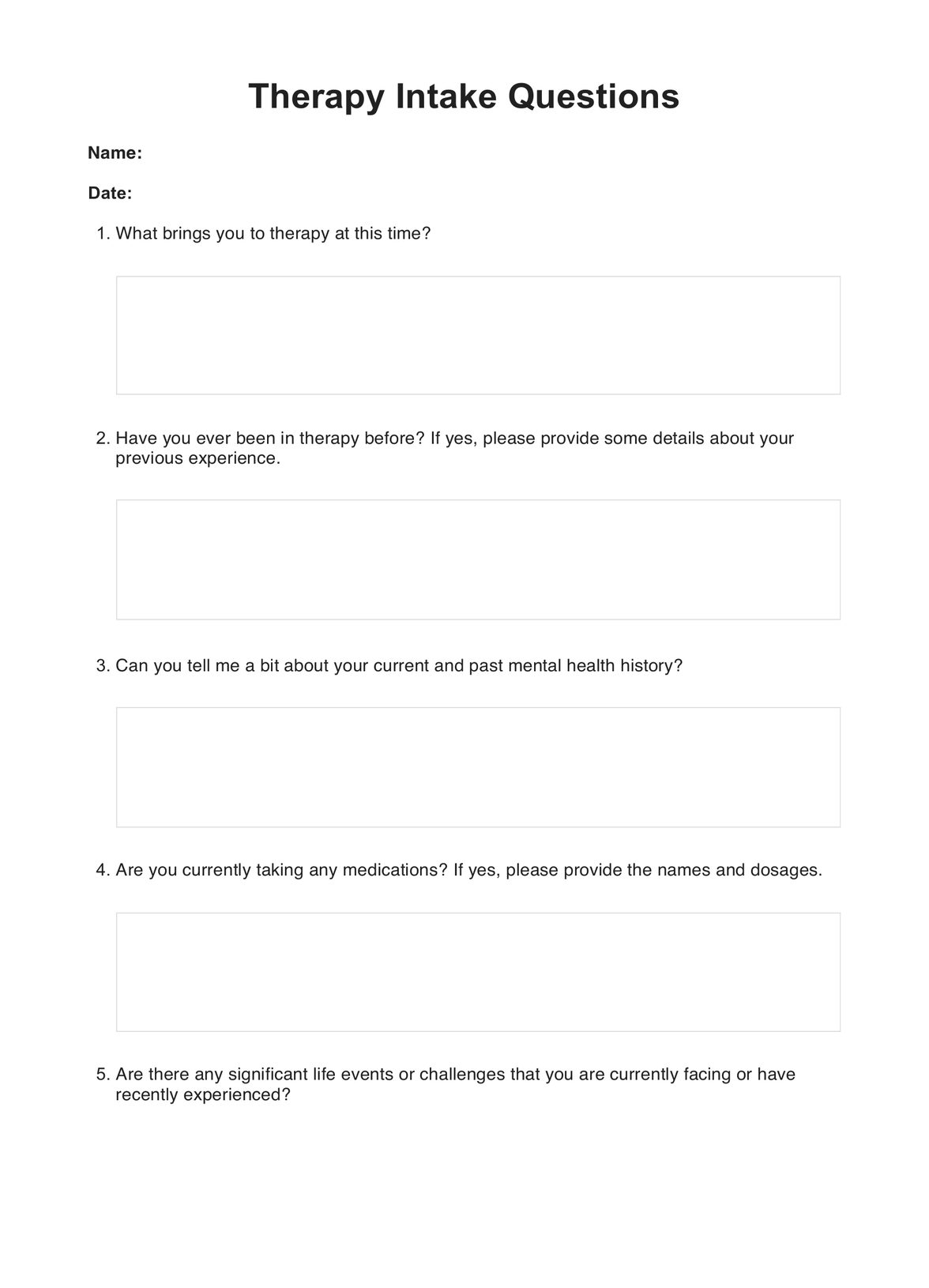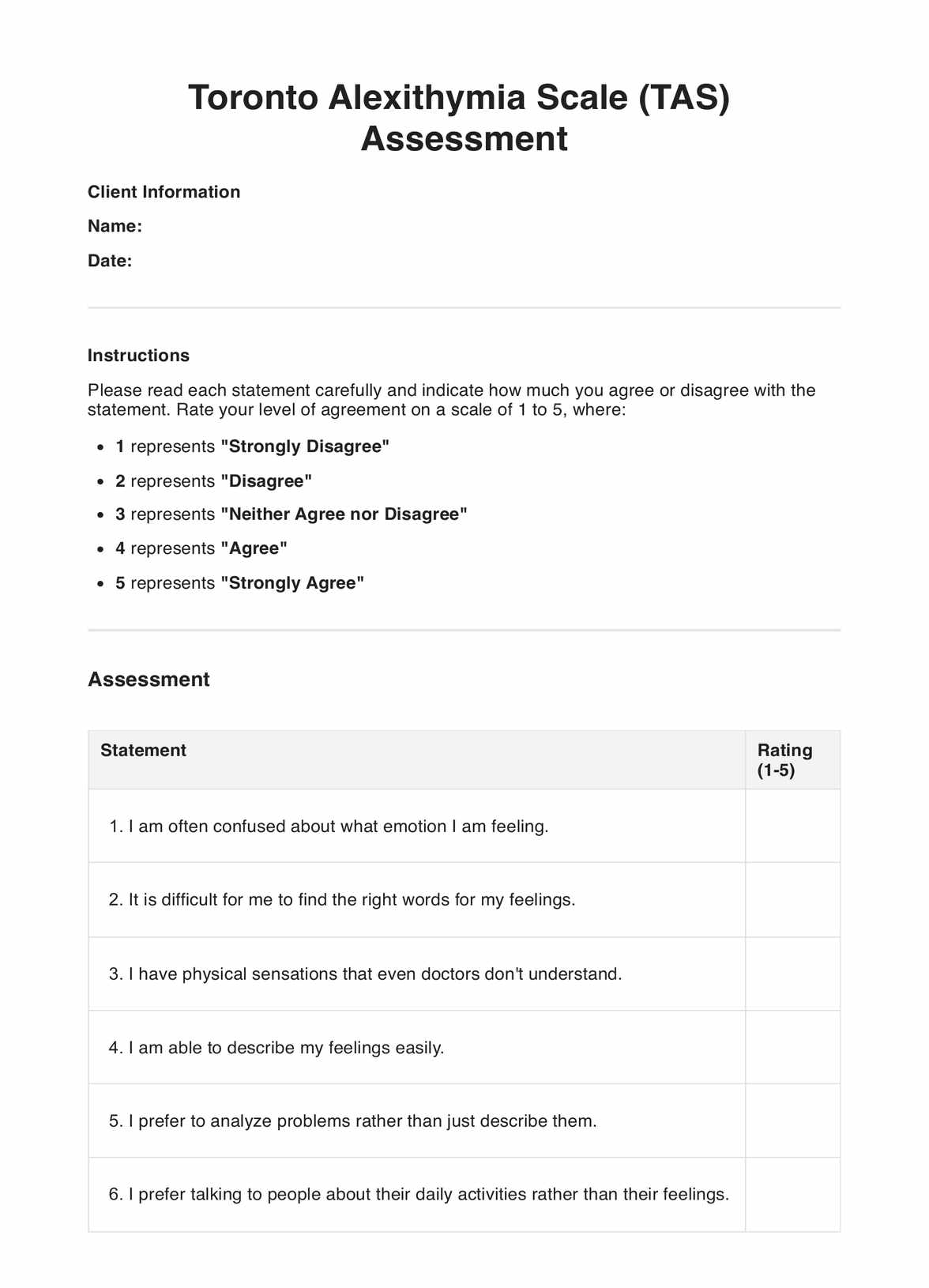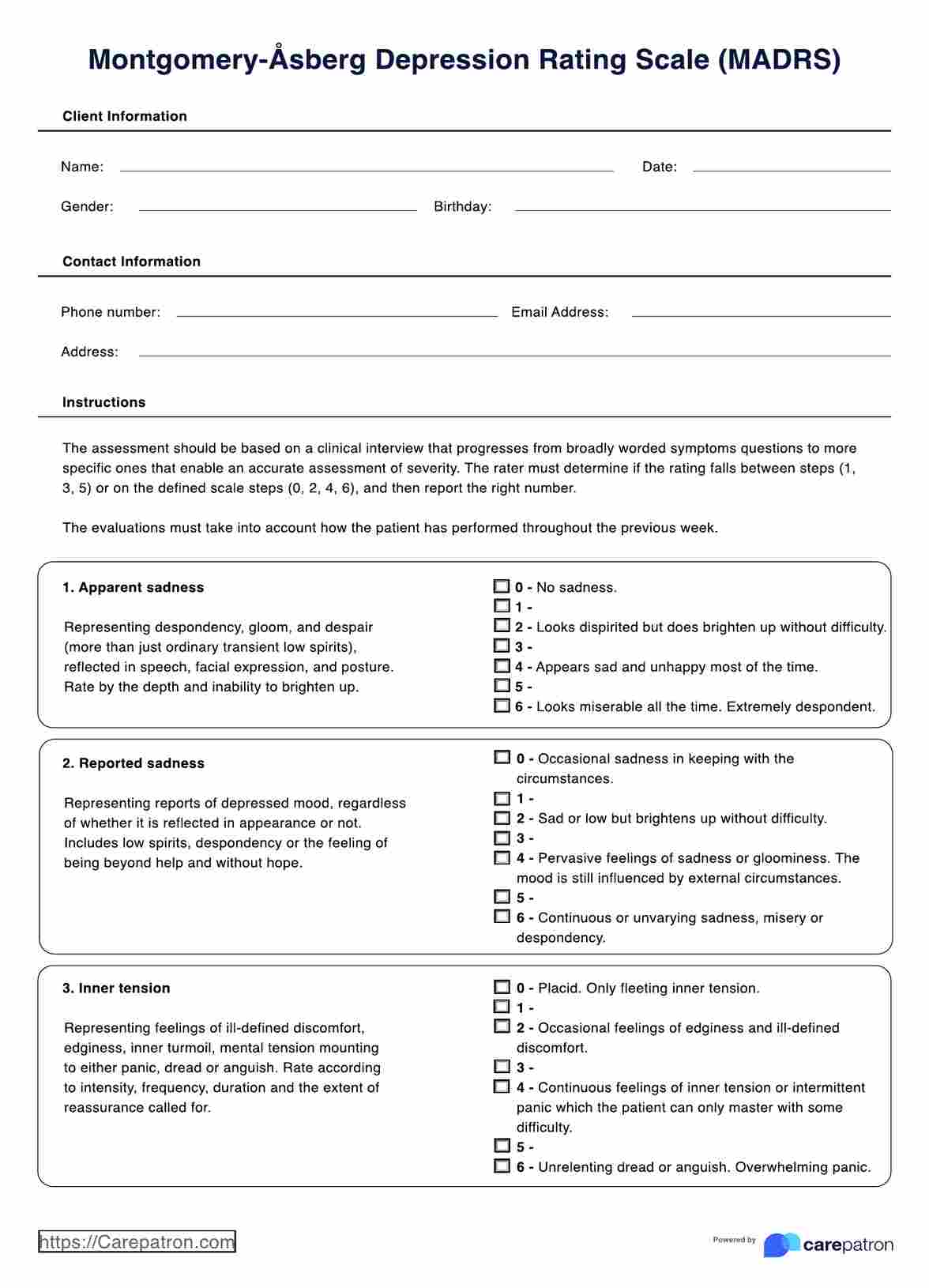High-Conflict Parenting Plan Template
Navigate high-conflict co-parenting effectively with our High Conflict Parenting Plan Template. Download our free example for structured guidance and strategies.


What is conflict?
Conflict, particularly in the context of parenting post-divorce or separation, is a complex and multifaceted issue. It typically involves ongoing disagreements and hostility between co-parents, often centered around sensitive topics such as child-rearing decisions, custody arrangements, and communication issues. These conflicts are not just ordinary disagreements; they are characterized by their persistence, intensity, and the emotional toll they take on all involved parties.
Intense emotions mark high-conflict situations, including anger, resentment, and frustration. These emotions can stem from various sources, such as unresolved issues from the marital relationship, differing parenting styles, or the stress of adjusting to post-divorce life. Poor communication exacerbates these conflicts, with parents often struggling to effectively convey their thoughts and feelings without escalating the situation.
The impact of such conflicts is far-reaching. Not only do they strain the relationship between the parents, but they also significantly affect the child's emotional health. Children caught in the crossfire of high-conflict parenting may experience stress, anxiety, and emotional distress. They may feel torn between their parents or be forced to take sides, which can lead to long-term emotional and psychological issues.
More than the usual co-parenting advice may be required in high-conflict parenting situations. These scenarios require a more strategic approach, often involving structured interventions and clear boundaries. The goal is to create an environment where the child's well-being is prioritized, and the negative impact of parental conflict is minimized.
High-Conflict Parenting Plan Template
High-Conflict Parenting Plan Template Example
Managing high-conflict parents
Managing high-conflict parents is a challenging but crucial aspect of ensuring the well-being of children in post-divorce or separation scenarios. It involves implementing strategies that minimize direct contact and potential conflicts between parents, reducing the chances of confrontations and disagreements.
One effective strategy is parallel parenting. Each parent operates independently in this arrangement, minimizing direct communication and interactions. This approach is beneficial when co-parents are unable to interact without conflict. It allows each parent to maintain a relationship with the child while reducing their exposure to parental disagreements.
The involvement of mental health professionals, parenting coordinators, or legal representatives is often necessary in high-conflict situations. These professionals can provide objective guidance and support, helping parents establish effective communication and conflict resolution mechanisms. They can also offer counseling and mediation services to assist parents in navigating the complexities of co-parenting post-divorce.
Parenting coordinators play a unique role in managing high-conflict situations. They act as neutral third parties who help parents resolve disputes related to parenting and implement the parenting plan. They can make recommendations to the court regarding custody arrangements and parenting time and, in some cases, may have the authority to make decisions on behalf of the parents.
Legal representatives like family lawyers are also crucial in high-conflict scenarios. They can help parents understand their legal rights and responsibilities, negotiate custody arrangements, and represent their clients in court if necessary. Legal intervention may be required to enforce parenting plans or custody orders, especially in cases where one parent is non-compliant.
In managing high-conflict parents, the primary focus is always on the child's best interests. This includes ensuring the child has a stable, nurturing environment and is shielded from parental conflict as much as possible. Mental health professionals, parenting coordinators, and legal representatives work collaboratively to achieve this goal, helping parents transition from a conflicted marital relationship to a more functional co-parenting arrangement.
What is the purpose of a parenting plan?
A parenting plan is crucial to manage and improve the co-parenting relationship in high-conflict situations. Its primary purpose is to establish clear, structured guidelines governing various co-parenting aspects. This plan is essential when parents struggle to communicate and cooperate due to ongoing conflicts.
The parenting plan aims to minimize conflict by providing a detailed framework for how parents will raise their children post-divorce or separation. It outlines specific arrangements for custody and visitation, ensuring that both parents have defined times to spend with their children. This clarity helps prevent misunderstandings and disputes over parenting time.
Communication protocols are another critical component of the parenting plan. Direct parental communication can often lead to arguments and disagreements in high-conflict situations. The parenting plan can establish specific methods and guidelines for communication, such as using written forms like emails or texts, which can help reduce the emotional intensity and provide a record of exchanges.
Decision-making processes are also outlined in the parenting plan. This includes decisions about the child's education, health care, and other essential aspects of their life. The plan can specify how these decisions will be made, whether jointly or by one parent, and the process for resolving disagreements.
The parenting plan also serves to protect the child's emotional health. By reducing exposure to parental conflict and providing a stable, predictable environment, the plan helps ensure the child's emotional and psychological well-being. It can include provisions for counseling or therapy for the child, which can be crucial in assisting them to cope with the changes in their family dynamics.
In essence, the purpose of a parenting plan in high-conflict situations is to provide a structured, predictable framework that guides co-parenting interactions. It aims to reduce the opportunities for conflict, ensure the child's needs are met, and improve the overall quality of the co-parenting relationship.
How does this plan work?
A high-conflict parenting plan provides a detailed, structured framework for co-parenting designed to minimize conflict and ensure the child's well-being. The plan is typically developed with the input of both parents, often with the assistance of legal professionals, mediators, or mental health experts. Once in place, it is a binding agreement that both parents are expected to follow.
The plan includes specific schedules for custody time, detailing when the child will be with each parent. This schedule can be as detailed as necessary, covering daily routines, weekends, holidays, and school vacations. Parents can avoid frequent negotiations and potential conflicts from arranging parenting time by having a predetermined schedule.
Communication protocols in the plan often limit direct interaction between parents, especially in cases where face-to-face or phone conversations lead to conflicts. Instead, the plan may stipulate all written communication through emails or text messages. This method provides a clear record of communication and can help keep exchanges focused on the child's needs rather than personal grievances.
The plan also outlines clear procedures for making parenting decisions. This can include specifying which types of decisions require joint agreement and which can be made by one parent independently. For more significant decisions, such as those related to education or medical treatment, the plan may include a process for discussion and resolution if the parents disagree.
In addition to these core elements, the plan may include provisions for resolving disputes. This could involve agreeing to use mediation or counseling before taking disputes to court. Some plans also appoint a parenting coordinator to help resolve conflicts and ensure the plan is followed.
Both parents must commit to its terms for the plan to be effective. This often requires a shift in mindset, where parents agree to put their child's needs above their conflicts. The plan's success also depends on parents' willingness to communicate constructively and seek professional help.
In high-conflict situations, the parenting plan is more than just a schedule or set of rules. It's a tool that helps parents navigate the challenges of co-parenting in a way that prioritizes the child's well-being. The plan can help transform a contentious co-parenting relationship into a more stable and cooperative one by providing structure and clear guidelines.
When should this plan be used?
A High-Conflict Parenting Plan is critical when co-parenting dynamics are fraught with ongoing disputes and communication breakdowns. Its implementation is particularly beneficial in several scenarios:
High-conflict divorce
In divorce cases characterized by high emotional tension and frequent conflicts, a High Conflict Parenting Plan can be a lifeline. It provides a structured approach to co-parenting, helping reduce the emotional strain on the parents and the child. This plan is crucial in such scenarios as it helps establish clear boundaries and guidelines, significantly lowering the chances of disputes escalating into more serious conflicts.
In high-conflict divorce scenarios, the emotional well-being of the child can often be overlooked amidst the turmoil. A High Conflict Parenting Plan ensures that the child's needs are acknowledged and actively prioritized. It can help establish a routine for the child, giving them a sense of normalcy and stability during significant change. The plan also serves as a tool for parents to disengage from their conflicts and focus on the objective of effective parenting.
Persistent disagreements
When parents are consistently at odds over child-rearing decisions, the High Conflict Parenting Plan offers a structured framework to manage these disagreements. It helps delineate responsibilities and decision-making processes, ensuring that each parent understands their role and expectations. This clarity is essential in preventing misunderstandings and reducing the frequency of conflicts.
The plan can also include mechanisms for dispute resolution, such as mandatory mediation or counseling sessions, before escalating issues to legal interventions. This proactive approach can save both time and emotional resources for the family. It also teaches parents the skills of negotiation and compromise, which are essential for the long-term success of co-parenting.
Protecting the child's well-being
In any situation where the child's emotional or physical well-being is at risk due to ongoing parental conflict, this plan acts as a protective measure. It prioritizes the child's needs and ensures their well-being is at the forefront of all co-parenting decisions. The plan can include provisions for counseling or therapy for the child, which can be crucial in helping them cope with the changes in their family dynamics.
In addition to addressing the child's immediate emotional needs, the plan can also focus on long-term aspects like education, health care, and social interactions. It can outline how parents will handle school meetings, medical appointments, and extracurricular activities, ensuring the child's life remains unaffected by parental conflict.
Legal interventions
In cases where courts or mediators are involved in resolving custody disputes, the High Conflict Parenting Plan serves as a comprehensive guideline. It assists legal professionals in formulating a parenting arrangement that best serves the child's interests. The plan can be used as a reference in legal proceedings, ensuring that the child's welfare is the primary consideration in custody-related decisions.
The High Conflict Parenting Plan can also be a dynamic document, adaptable to the child's changing needs as they grow. This adaptability is crucial in high-conflict situations where rigid arrangements might not be sustainable in the long run. The plan can provide a framework for periodic reviews and adjustments, ensuring it remains relevant and effective.
The benefits of using a High-Conflict Parenting Plan Template
Implementing a High Conflict Parenting Plan offers numerous benefits:
Structured conflict management
The plan provides a systematic approach to managing conflicts, significantly reducing their frequency and intensity. By having predefined guidelines and protocols, parents are better equipped to handle disputes in a more controlled and less emotionally charged manner.
Child protection
One of the primary benefits of this plan is the protection it offers to the child from the adverse effects of ongoing parental conflict. It ensures that the child is not caught in the crossfire of parental disputes, promoting a healthier emotional environment for their development.
Consistency and stability
The plan ensures consistent and stable parenting arrangements, crucial for the child's sense of security and routine. Children thrive in environments where they know what to expect; this plan provides that stability, which is especially important in the turbulent times following a divorce or separation.
Improved communication
By setting clear guidelines for communication, the plan facilitates more effective and less aggressive exchanges between parents. This improved communication is vital for co-parenting success and for modeling positive interaction patterns for the child.
Focus on the child's needs
The plan keeps the child's needs at the forefront, ensuring that their best interests are the primary consideration in all co-parenting decisions. This child-centric approach fosters the child's emotional and psychological well-being.
Commonly asked questions
High-conflict co-parents can improve communication by limiting it to written forms, using a parenting app, and following the structured communication guidelines set in the parenting plan.
If one parent consistently fails to follow the parenting plan, it may be necessary to seek mediation, legal advice, or court intervention to enforce the plan and ensure the child's well-being.
A parenting plan can include provisions for child support payments, outlining the amount, frequency, and payment method.

.jpg)
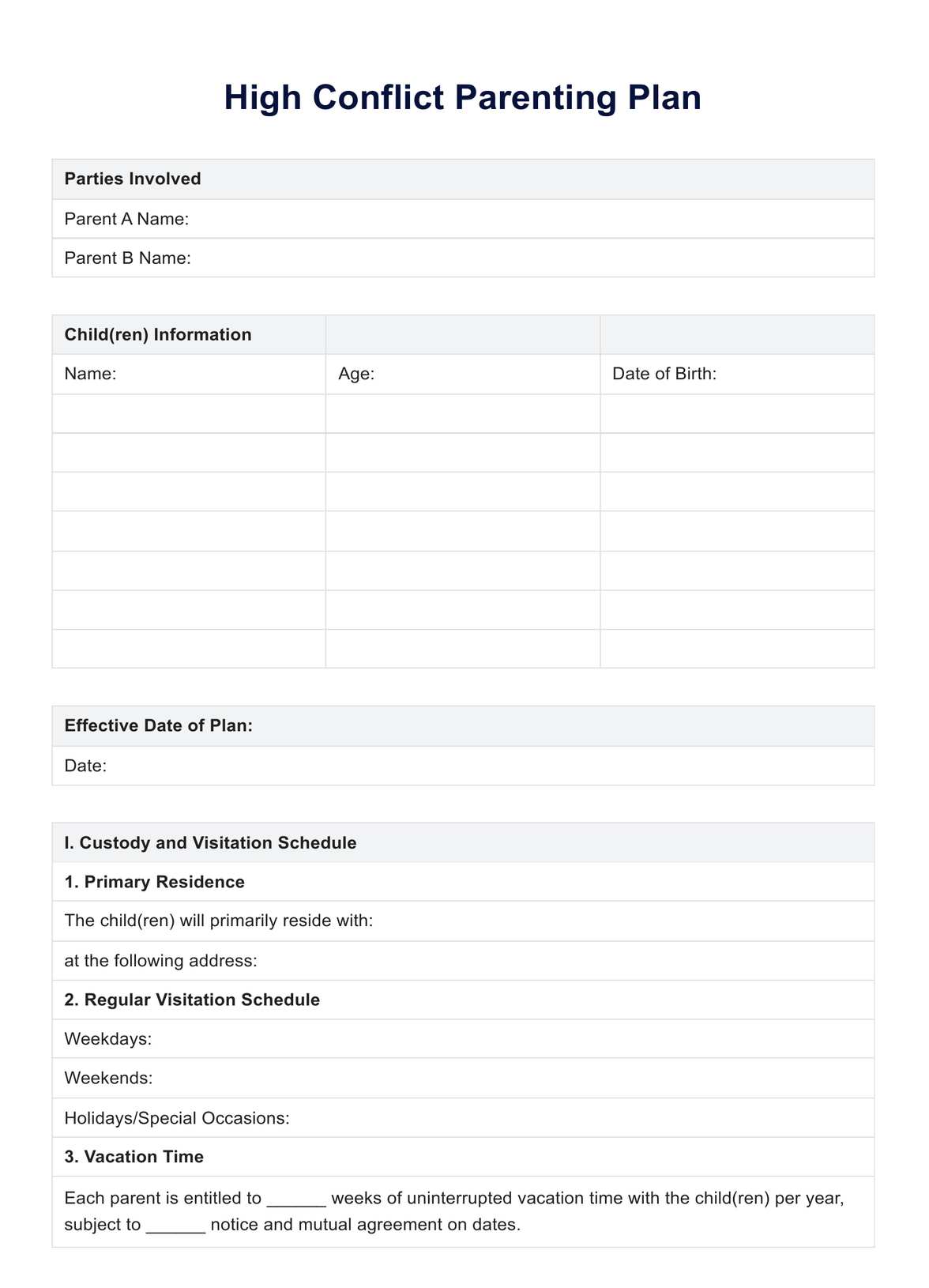
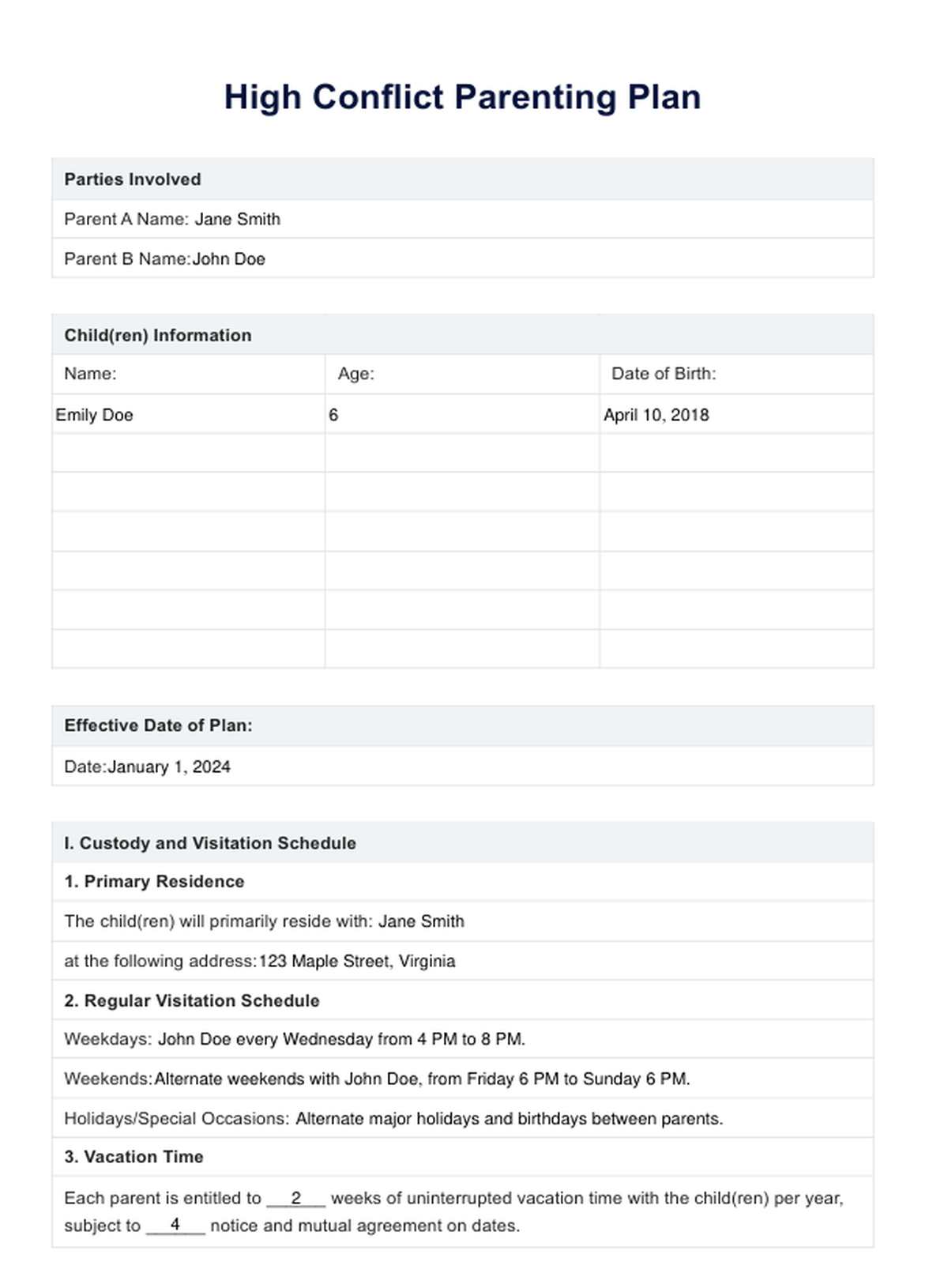

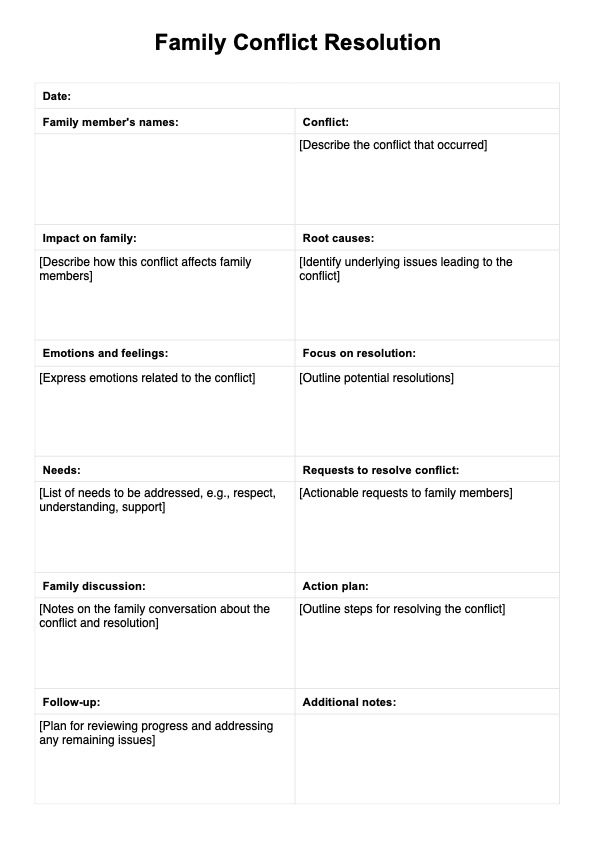















-template.jpg)


